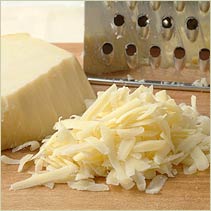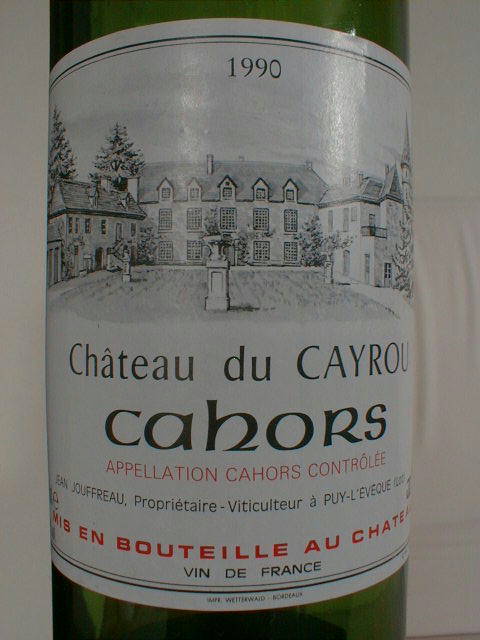How often do we take a moment from our busy lives to think about Gruyere? Not very often, I suspect. And yet it is a cheese of deep philosophical interest, simple, distinctive and useful.
There was a time when I thought of it only in connection with French onion soup, for without the Gruyere that’s melted on the piece of thick toast that floats on top of the soup, it is not French onion soup at all. It’s just brown stuff made out of onions.
I began thinking about Gruyere seriously and appropriately due to a chance remark by Mary Frances Kennedy Fisher, speaking of dining alone. She observed that it’s just as easy to eat a piece of Gruyere with a loaf of crusty sourdough bread as to down some fast-food alternative, and more nourishing to the soul, more respecting of one’s dining companion — you.
By a simple taste test, I discovered that she was right. Rarely has a philosophical observation been so easy to prove.
I began reading other gastronomical observations by Fisher with a keener interest. I could not test all of them practically, since my kitchen facilities at the time were limited — no oven, just two electric burners and a toaster oven.

But then I read about the first kitchen Fisher presided over, in Dijon in 1931. It had no running water (which had to be carried in from the landing) or ice box . . . and its stove consisted of two gas burners with a tiny cover that could be fitted over them by way of an oven. My excuse vanished, and I decided to make one of her specialities from that time, for which she gives no rule, just a vague description. But it was enough.
You take a head of cauliflower and split the fleurs apart, in clusters that
are not too small or too large — enough of them to cover the bottom of
a baking pan. Boil them for about three minutes, no longer, drain them
and lay them in the pan. Pour heavy cream over each of the fleurs, enough so
that the cream covers the bottom of the pan to a depth at least halfway
up the sides of the fleurs, and then perhaps a little more if you feel
reckless.

Put a lot of fresh grated Gruyere on top of the fleurs and the cream, enough
to make a somewhat less than solid layer of cheese over the whole
thing, part of it floating, part of it on the fleurs. Then grind fresh
pepper over it all.
Bake it in an oven at maybe 350° (Fisher doesn’t say, because her little oven probably didn’t have a thermostat.) Certainly no lower.
When the top of the thing is toasty brown, take it out. (Fisher wasn’t quite
sure why her little oven browned the top of the dish. It must have been
because enough of the Gruyere stayed on top of the bubbling sauce to
get toasted, and it worked the same way in my toaster oven. In a
real oven you need to place the pan on a high rack to get the same effect.)
Eat it immediately, with some full-bodied red wine of whatever
simplicity. A Cahors would be cool, if you could find it.
Have some good bread to dunk in the strange, rich sauce in which the Gruyere has and has not quite merged with the cream.
This is the meal — barring some salad or desert afterwards, if you care about those things.
When you eat this meal, the word elegant will not spring to mind. The words perfection, miraculous and inspiring will.
First of all you will have a connection with certain evenings in Fisher’s long-vanished life in Dijon — a connection which can only be described as complex. It makes you feel sad and hopeful, all at once.
Second, you will never think about cauliflower again in quite the same way — and I say this as someone who almost never thinks about cauliflower at all.
Third, you will discover a new aspect to the complicated personality of
Gruyere. As with French onion soup, its flavor will make you feel like
a virtuous old peasant. In this dish, it will make you feel like a
virtuous old peasant whose kindness has touched the lives of heroes and
saints. (This is the inspiring part.)
I am perhaps diluting the absolute virtue of the experience by sharing it here, but really, how can I keep quiet about a thing like this? Any more than Fisher could?

